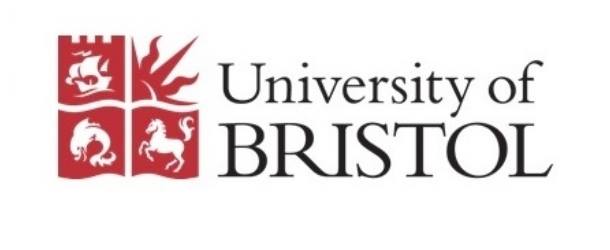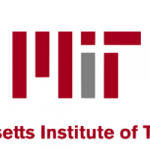U of Bristol team chases down advantage in quantum race with speedup around one billion over previous approaches

(NewsWise) Quantum researchers at the University of Bristol have dramatically reduced the time to simulate an optical quantum computer, with a speedup of around one billion over previous approaches.
Anthony Laing, co-Director of University of Bristol’s Quantum Engineering Technology Labs (QET Labs) and an author on the work, said: “As we develop more sophisticated quantum computing technologies, this type of work is vital. It helps us understand the bar we must get over before we can begin to solve problems in clean energy and healthcare that affect us all. The work is a great example of teamwork and collaboration among researchers in the UK Quantum Computing and Simulation Hub and Hewlett Packard Enterprise.”
Quantum computing is still in its early stages, so these are long-term goals. Nevertheless, there are exciting intermediate milestones on the journey to building a useful device. One currently receiving a lot of attention is “quantum advantage”, where a quantum computer performs a task beyond the capabilities of even the world’s most powerful supercomputers.
Experimental work from the University of Science and Technology of China (USTC) was the first to claim quantum advantage using photons – particles of light, in a protocol called “Gaussian Boson Sampling” (GBS). Their paper claimed that the experiment, performed in 200 seconds, would take 600 million years to simulate on the world’s largest supercomputer.
Taking up the challenge, a team at the University of Bristol’s Quantum Engineering Technology Labs (QET Labs), in collaboration with researchers at Imperial College London and Hewlett Packard Enterprise, have reduced this simulation time down to just a few months, a speedup factor of around one billion.
Their paper “The boundary for quantum advantage in Gaussian boson sampling”, published today in the journal Science Advances, comes at a time when other experimental approaches claiming quantum advantage, such as from the quantum computing team at Google, are also leading to improved classical algorithms for simulating these experiments.
























